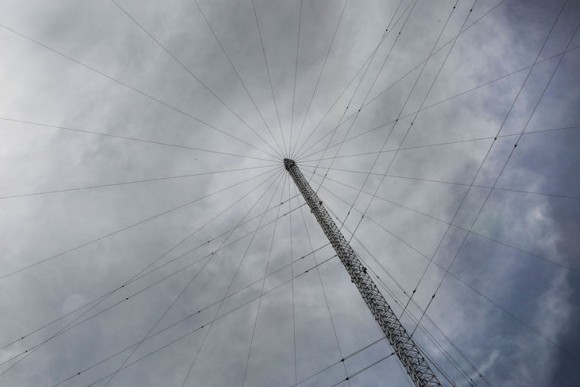Blog Editor’s Note: Standards for Loran-C were effectively set by the US Coast Guard. This enabled receivers world-wide to use signals whether they came from Russia, China, Europe or the USA. SAE has assumed this role for eLoran. With South Korea implementing its eLoran system, Russia, China, and Saudi Arabia considering upgrading their Loran-C to eLoran, and the UK, US, and Europe examining ways to complement and backup GNSS, these standards will be critical enablers for making our global PNT services more resilient and secure.
SAE International’s PNT Committee, a standards development working group within the Systems Management Council (SMC), has issued three new documents.
WARRENDALE, PA. (PRWEB) SEPTEMBER 19, 2018
SAE International’s PNT Committee, a standards development working group within the Systems Management Council (SMC), has issued three new documents:
- SAE9990™−Transmitted Enhanced Loran (eLoran) Signal Standard
- SAE9990/1™−Tri-State Pulse Modulation Data Channel Modulation Techniques
- SAE9990/2™−9th Pulse Modulation Data Channel Modulation Techniques
These documents provide technical descriptions of the signal-in-space eLoran waveform and two accepted data channel techniques that include explanations, and recommended practices. These standards demonstrate the PNT Committee’s far-reaching vision and purpose of safeguarding the operations of the global economy and critical infrastructure from being overly dependent on single-source PNT services.
Noting that there is a growing consensus supporting the development of independent, complimentary, multi-domain PNT services, that can interoperate with the Global Positioning System (GPS) and other Global Navigation Satellite Systems (GNSS), SAE is leading the charge to issue standards for eLoran. These three documents, when combined with future SAE PNT Committee work products will define architectures, sensors, interfaces, training, and certification recommended practices, so that the commercial marketplace can continue to develop products and capabilities to provide robust and resilient PNT solutions for consumers. In a field that is already experiencing unprecedented growth, these standards will promote the development of new PNT innovations, while also ensuring safe, secure, and reliable operations for all modes of transport and other applications that exist on a foundation of accurate, reliable, and trusted PNT capabilities.
As the PNT Committee is comprised of technical subject matter experts from private sector companies, consulting firms, government departments, and others across the aerospace and defense industries, collaborative efforts result in mandated processes that empower users and enhance performance.
For more information about the standards or to purchase the documents, visit https://www.sae.org/search/?qt=SAE9990
Review copies of the standards are available to credentialed journalists. To request a review copy, email [email protected] or call 1-724-772-8522.
About SAE International
SAE International is a global association committed to being the ultimate knowledge source for the engineering profession. By uniting over 127,000 engineers and technical experts, we drive knowledge and expertise across a broad spectrum of industries. We act on two priorities: encouraging a lifetime of learning for mobility engineering professionals and setting the standards for industry engineering. We strive for a better world through the work of our charitable arm, the SAE Foundation, which helps fund programs like A World in Motion® and the Collegiate Design Series™.


